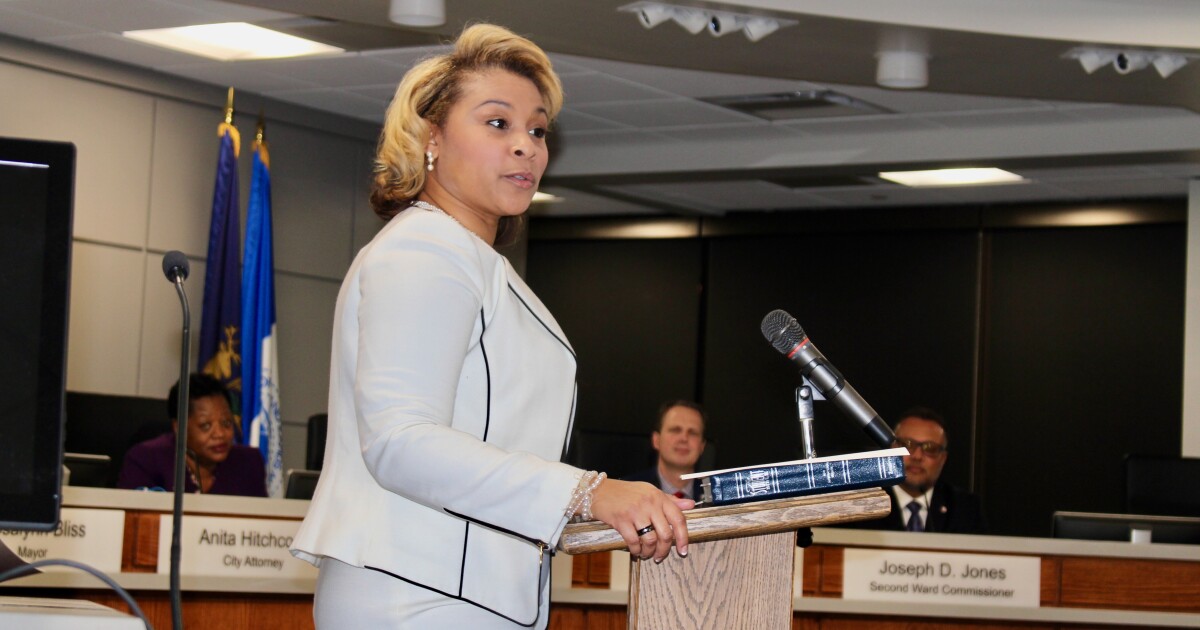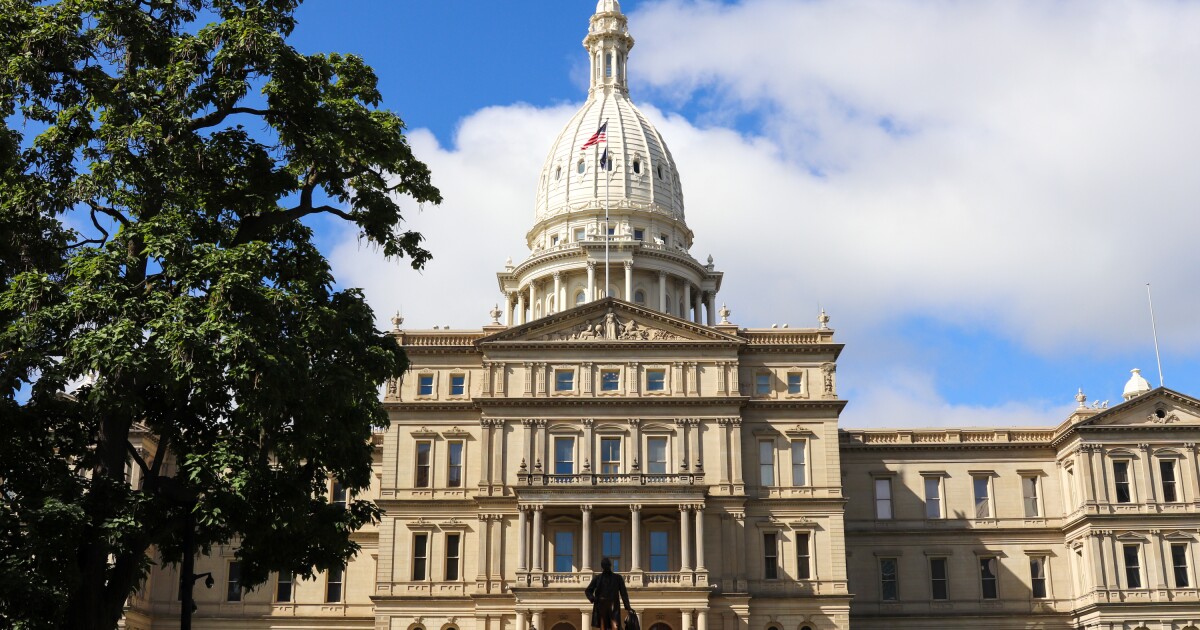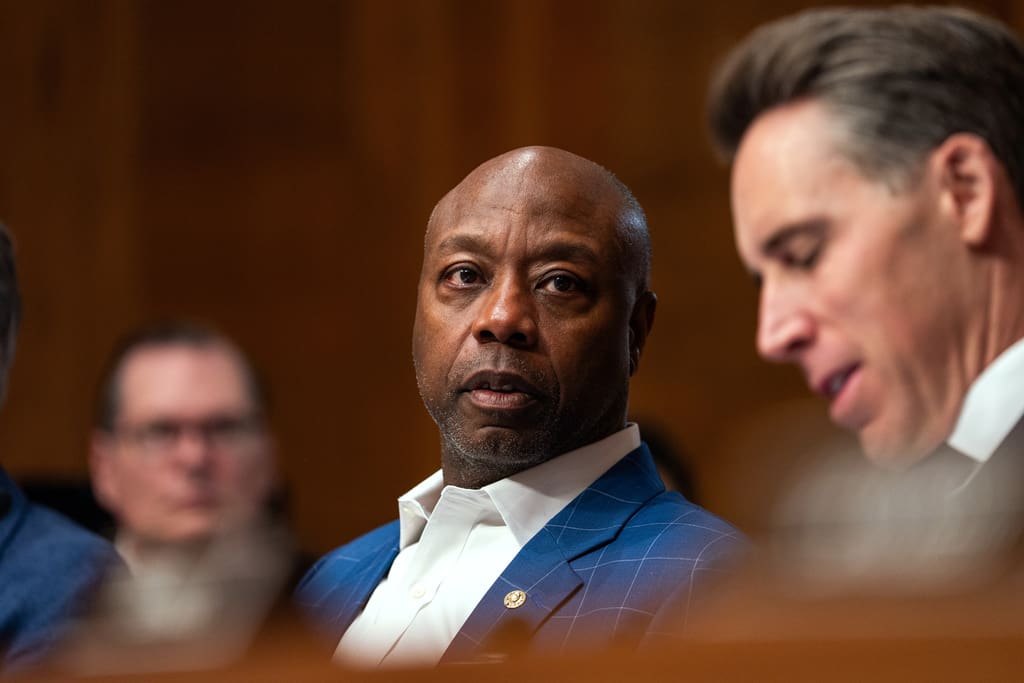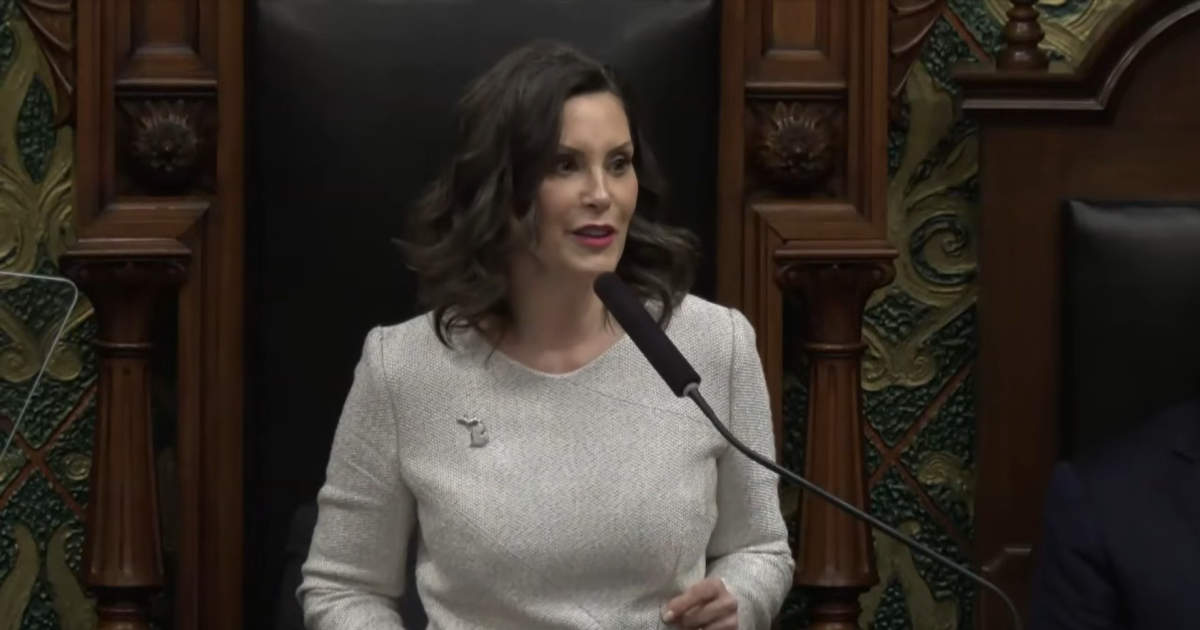
Hi! You’re reading the It’s Just Politics newsletter. Subscribe here to get it delivered to your inbox, and listen to the It’s Just Politics podcast for all the political news you need each week.
Political Tensions in Michigan: A Legislative Standoff
In a striking demonstration of political influence, Republican leaders in Michigan’s state House have stalled the progress of nine legislative bills, leaving them in a state of uncertainty. This has sparked a legal dispute that could potentially reshape the dynamic between legislative and constitutional responsibilities in Lansing.
Republicans took control of the state House in January and immediately halted the advancement of bills that had already been approved by both the House and Senate the previous year. These bills, which address issues ranging from regional property tax measures for Detroit museums to restrictions on debt collectors, remain unsigned by Governor Gretchen Whitmer, due to the GOP’s strategic decision to withhold them.
This week, the Michigan Court of Appeals in Detroit became the battleground for a heated legal debate. Senate Democrats’ attorneys argued against their GOP counterparts, questioning the constitutional obligations of the House to forward the approved bills to the governor’s office.
Senate Democrats’ attorney, Mark Brewer, claimed that the GOP’s actions violated the Michigan Constitution, stating, “They insist that there’s no deadline, that this duty is completely unenforceable, that it’s simply up to the Legislature to decide.” He warned that such an approach could lead to legislative chaos.
Conversely, Kyle Asher, representing the House Republicans, argued that such disputes have traditionally been resolved through legislative negotiation rather than judicial intervention. “So, this court should leave it to the Legislature to resolve its own disputes as it’s done in every other instance in the past,” Asher stated.
The core of the legal argument is whether the House is constitutionally mandated to send the bills to Governor Whitmer, especially after bipartisan approval in the previous legislative session. Brewer emphasized that the clerical task of transmitting the bills should not be discretionary, regardless of the legislative session’s adjournment.
This legal impasse emerged after Michigan Court of Claims Judge Sima Patel acknowledged the constitutional requirement for the House to send the bills to the governor. However, she refrained from enforcing this through a judicial order, suggesting that such matters are best left to the legislative branch to resolve on their own terms.
As the Court of Appeals deliberates, the case is expected to proceed to the Michigan Supreme Court for a definitive ruling. The underlying mystery remains: why were these bills not transmitted, and why has Governor Whitmer remained silent on the matter? For those with insights, the political community is eager for answers at politics@michiganpublic.org.
Other Political Developments
Amidst the legislative impasse, Governor Gretchen Whitmer is preparing to address economic concerns with a significant speech aimed at advocating for her stalled budget plan. The looming threat of a partial government shutdown adds urgency to her efforts, as Michigan grapples with economic challenges reflected in its high unemployment rates.
Meanwhile, Michigan Attorney General Dana Nessel is contemplating an appeal following the dismissal of charges against Republicans accused of falsely certifying electoral votes for Donald Trump. The judicial decision, based on insufficient evidence of intent to defraud, leaves the future of the case uncertain as the state awaits a potential appeal.
The political climate in Michigan remains tense, with significant implications for both legislative processes and broader governance. As the situation unfolds, all eyes remain on Lansing for resolution and clarity.
—
Read More Michigan News









